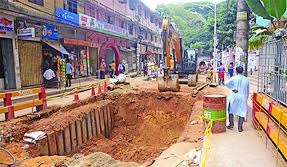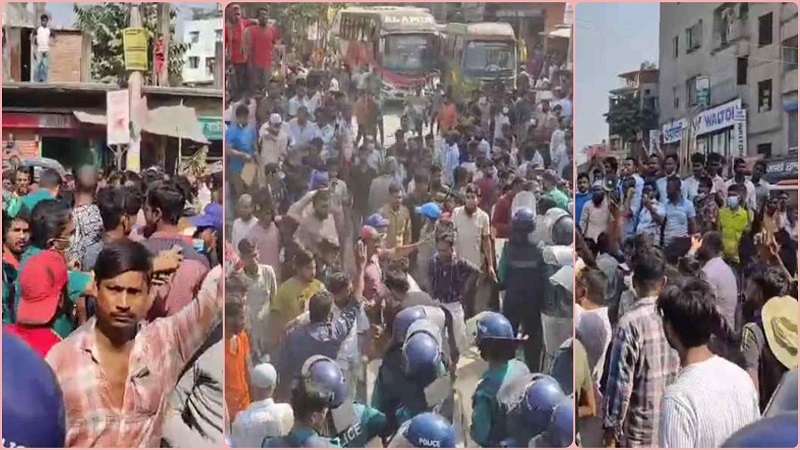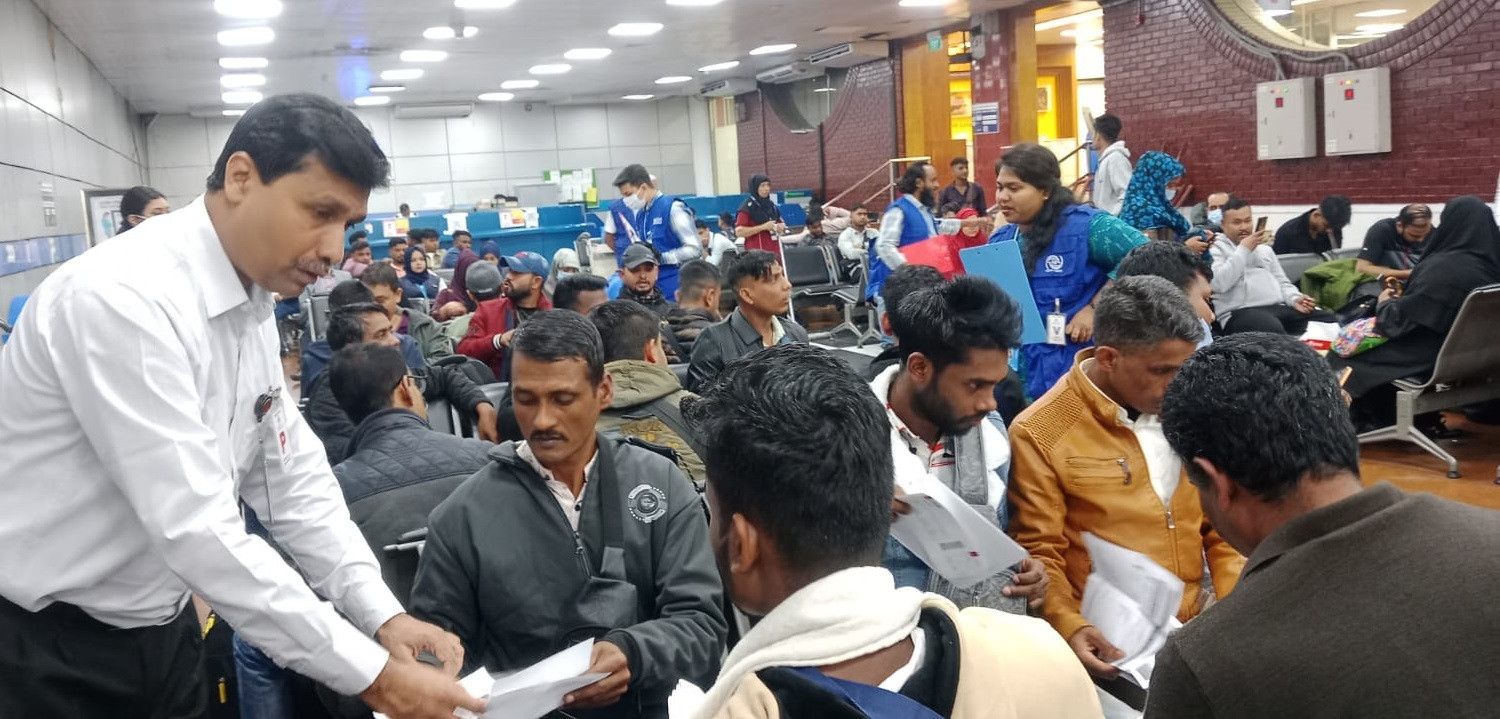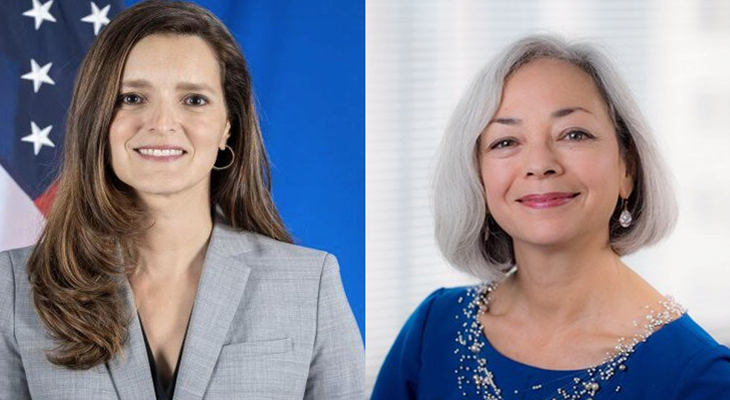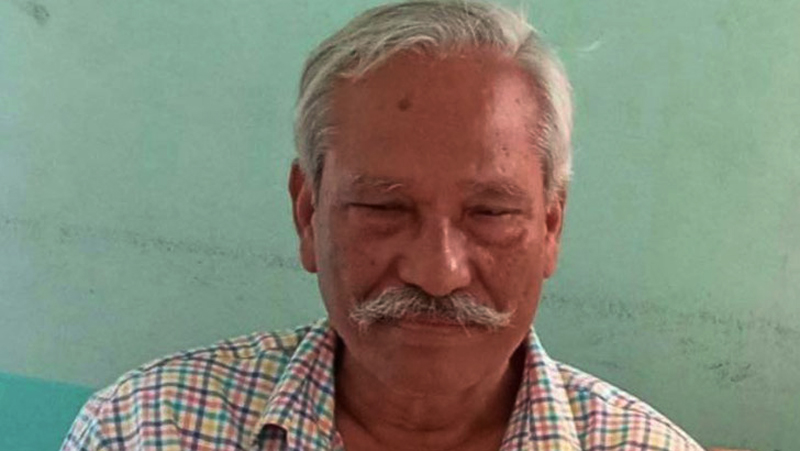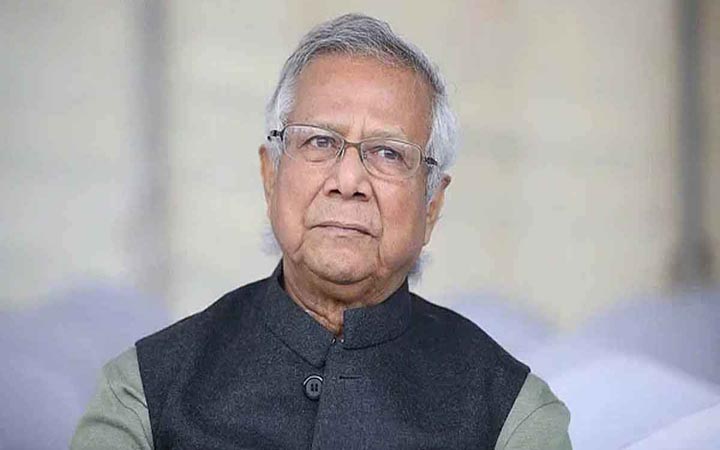The government has decided to hand over the responsibility of the capital’s drainage system development and management to Dhaka’s two city corporations as the Water Supply and Sewerage Authority has been dogged by criticism over severe waterlogging experienced in many areas even after moderate showers.
Local government and rural development ministry on Thursday formed a 14-member committee for giving recommendations in a month to hand over the 26 canals and 385km main drainage lines to the city corporations, which WASA had been maintaining since 1988.
The move came after Dhaka’s two city corporation mayors had been demanding that the corporations be given the responsibilities of the drainage system of the capital arguing that they were facing public criticism for the failure of WASA.
They also argued that the Local Government (City Corporation) Act 2009 makes city corporations responsible for developing the drainage system and maintaining the water bodies in the city and they were ready to take on the responsibilities.
Former BUET civil engineering professor Mujibur Rahman, who developed the master plan for the Hatirjheel Beautification project, said that handing over the responsibility of the drainage system from one agency to another would yield no positive result unless an effective drainage system was developed addressing the ground realities.
In 1988, even after taking the responsibilities of developing and maintaining the drainage system, WASA completely failed to improve the system which was developed back in 1960s which had the capacity of draining off accumulated water after 55mm of rain in an hour when sometimes it rains over 200mm in an hour these days, Mujibur said.
‘The canals are clogged by wastes and they only carry sewage as WASA failed to bring the capital under a separate sewage system,’ he added.
At present, WASA is responsible for maintaining 26 natural canals in the capital and 385km main drainage lines while the two city corporations are responsible for maintaining over 2,000km primary drainage connected to the households.
Dhaka district administration record, however, shows that the number of canals in the capital was 54, while the National River Conservation Commission study showed that the number of canals was over 77.
Experts said that the canals that fall outside the coverage of WASA were converted to box culverts or remained clogged due to grabbing and poor maintenance.
On Thursday, while forming the technical committee to handover the drainage system, LGRD minister Md Tajul Islam, Dhaka south city mayor Fazle Nur Taposh and Dhaka north city mayor Md Atiqul Islam expressed their determination over improving the drainage system collectively.
Till 1988, the city corporations were responsible for maintaining the canals of the capital and then it was handed over to WASA under a presidential order, Tajul said.
‘Now the city mayors are showing interest in shouldering the responsibilities and so we decided to handover the responsibilities to them with the hope that they will be able to improve the situation,’ he said, adding that the city corporations had the required manpower and technical facilities.
He said that the responsibilities would be handed over after getting a report from the 14-member technical committee headed by additional secretary of the ministry Mohammad Ibrahim.
Other canals, under jurisdictions of the water development board and national housing authority, would also be handed over to the city corporations, Tajul told.
Welcoming the move, Atiqul said, ‘We are hoping that we will be able to solve the waterlogging problem.’
Appreciating the move, Taposh said, ‘For over 30 years the Dhaka dwellers faced waterlogging problems due to lack of development and maintenance of the drainage system.’
‘We have already developed a master plan for solving the waterlogging problem,’ he said.
Dhaka WASA managing director Taqsem A Khan said that he had been advocating for handing over the drainage maintenance responsibilities since he assumed office in 2009 as WASA was mandated for supplying water and developing and maintaining the sewage system only.


